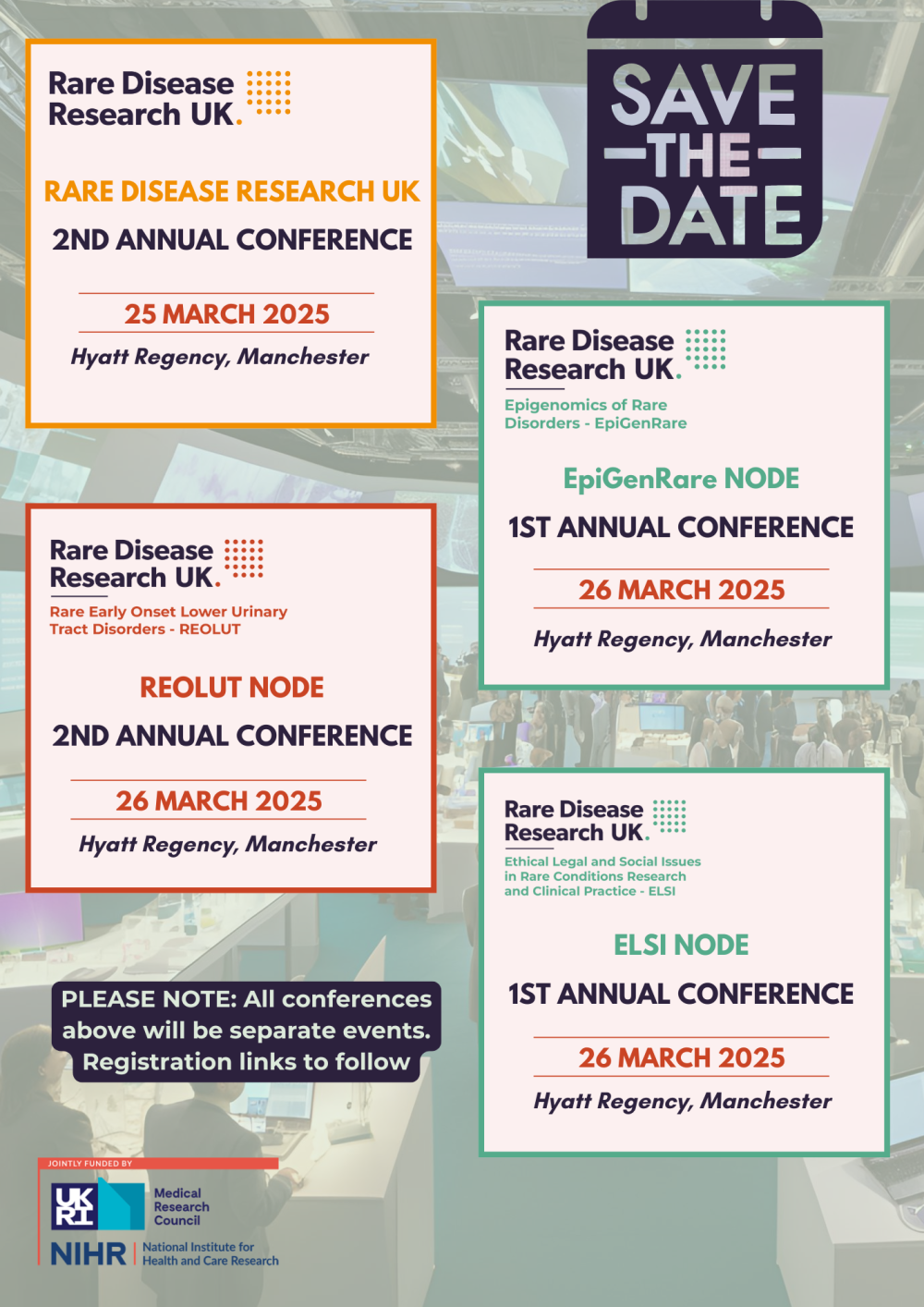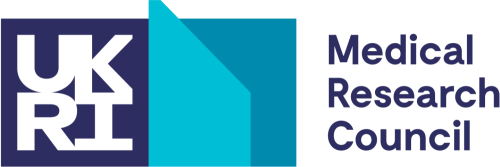The node has embarked on a journey, collaborating closely with instrument manufacturers to translate diagnostic methods originally developed for high-end research lab instruments. The aim is to translate these techniques into formats compatible with the instruments currently utilized in the metabolic laboratories of the NHS. This work will ultimately pave the way for new diagnostic methods for rare diseases to be integrated into NHS practice.
Examples of this translation are seen for the rare diseases – cerebrotendinous xanthomatosis, Niemann-Pick type C disease, and Spastic Paraplegia type 5A. Although these disorders can be identified through gene sequencing, the challenge of interpreting variants of uncertain significance is being tackled using lipidomics technology, providing clarity and insights that can significantly impact patient care.
For many rare diseases, approved treatments are still lacking. In response, our team is harnessing lipidomic and metabolomic methods to investigate the biochemistry of several such conditions. Our results have been used to support, or rule out, potential treatments. Collaborating with clinicians who are trialing prescription medications like statins, we are investigating its use as viable treatments for specific rare diseases. By employing lipidomic methods, we are monitoring the biochemical responses to these medications. In a similar vein we are using lipidomic methods to monitor the response to gene therapy for e.g. Gaucher disease and Wolman disease.
We are working with the Syndrome Without A Name (SWAN) clinic in Cardiff, in an attempt, using metabolomic and lipidomic methods, to reveal a diagnosis for SWAN patients, while in London a research nurse is in place collecting blood samples from rare disease patients for lipidomic analysis.
We are also involved in projects addressing more common rare diseases such as motor neuron disease and Huntington’s disease. Our work here is aimed at identifying biomarkers that can signal disease onset and progression.
We have actively participated in Patient and Public Involvement and Engagement (PPIE), presenting at various patient engagement events, including the Huntington’s Disease Public/Patient Engagement Event, RAREsummit23, and the Public Virtual Genetics Café.
Our next goals are to support more clinical centres across the UK and to increase the number of collaborating academic centres working with the node in this endeavour.
Lipidomics and Metabolomics for Rare Disease Diagnosis




